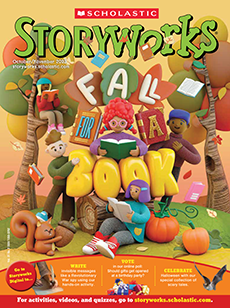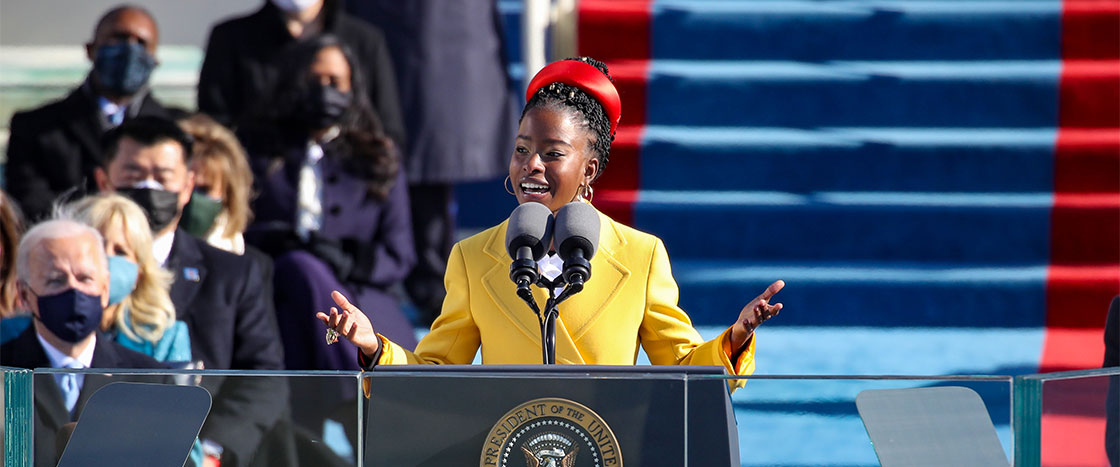(Photo By Sthanlee B. Mirador/Sipa USA)(Sipa via AP Images)
On Wednesday, January 20, President Joe Biden and Vice President Kamala Harris were sworn into office. At the inaugural ceremony, Amanda Gorman, 22, recited a poem that she wrote. It is called “The Hill We Climb.” Since then, a video of her powerful performance has gone viral. People all over the world have been talking about her message of unity, hope, and change.
Here are eight things to know about this inspiring young poet.

